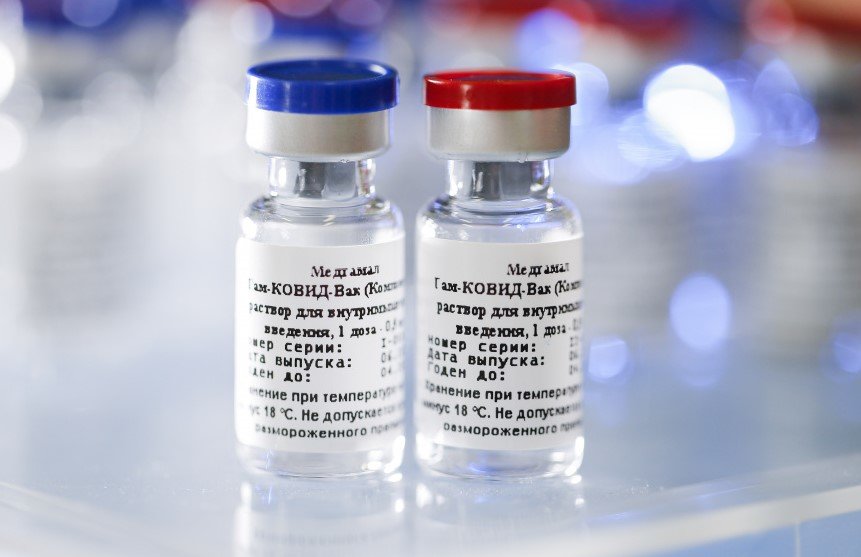The carrier virus in the Russian Sputnik V vaccine has not been neutralized and can therefore cause serious illness: because of these suspicions, Brazil has refused to approve the Russian vaccine. Is negligence allowed in making it?
The Russian Sputnik V vaccine has already been approved in 60 countries around the world. And while the European Medicines Agency (EMA) is investigating the drug, Sputnik V will not receive an official authorization in Brazil for the time being.
The problem
The State Medicines Agency Anvisa has found indications that the Adenovirus 5 virus used in this vaccine is not ‘neutralized’ and may therefore start to multiply. And this could be very dangerous for people with weak immune systems, because with the active virus the patient de facto gets injected with the cause of the disease, warns on Twitter the American virologist from the University of Georgetown, Dr. Angela Rasmussen.
They were stunned!
The Sputnik V vaccine Ad5 vector is evidently replication competent. The makers apparently neglected to delete E1, so getting this vaccine means being infected with live adenovirus 5.
Hence Brazil’s regulator correctly rejected it.https://t.co/oNojQI38bi
– Dr. Angela Rasmussen (@angie_rasmussen) April 28, 2021
Like AstraZeneca and Johnson & Johnson, the Russian Sputnik V is also a vector vaccine. When used properly, these vaccines are very reliable and much easier to administer than RNA vaccines, which must be stored at very low temperatures.
In the case of vector vaccines, the following happens: neutralized viruses are used as carriers of instructions for the production of the so-called spike proteins. The vaccinated person’s body recognizes the injected genetic material as a foreign body and begins to produce antibodies and specific T cells, which are very important for the immune system.
A standard procedure in the production of a vector vaccine is to delete the E1 and E3 genes. However, this does not seem to have been done in the tranche of vaccines that reached Brazil – by accident or negligence.
In March this year, bad news about the Russian vaccine also came from Slovakia, after the state drug control body found that the 200,000 doses of the Russian vaccine delivered to the country differed from the vaccines of the same manufacturer, which are delivered in other countries and previously these were presented in the authoritative edition of The Lancet. At the time, Slovak inspectors concluded that “these vaccines have only their name in common.”
“This is fake news”
Thus, a serious dispute arose between Russia and Slovakia. The Slovak Minister of Health had to resign, and Russia demanded the return of the vaccine.
The manufacturer of the Russian vaccine also described what was happening in Brazil as “fake news”. “Large pharmaceutical companies are concerned about the success of Sputnik V, are unable to find any weaknesses and are therefore forced to resort to fake news, which can easily be refuted,” said the Russian manufacturer of the vaccine, which was posted on Twitter.
In response to fake news being circulated stemming from inaccurate Anvisa report, please refer to an official statement from Gamaleya Institute that confirms that in Sputnik V E1 is deleted and no RCA present. We also informed Anvisa on that matter.
????https://t.co/NHk6EEyLIJ– Sputnik V (@sputnikvaccine) April 28, 2021
– .


